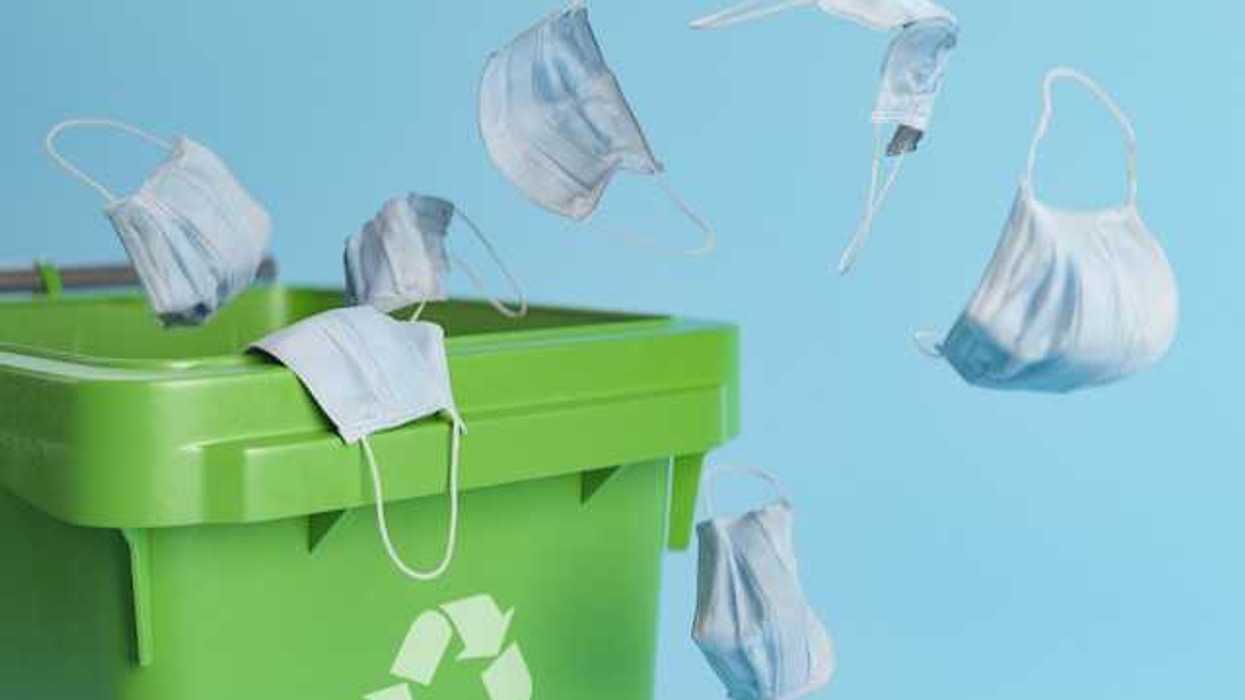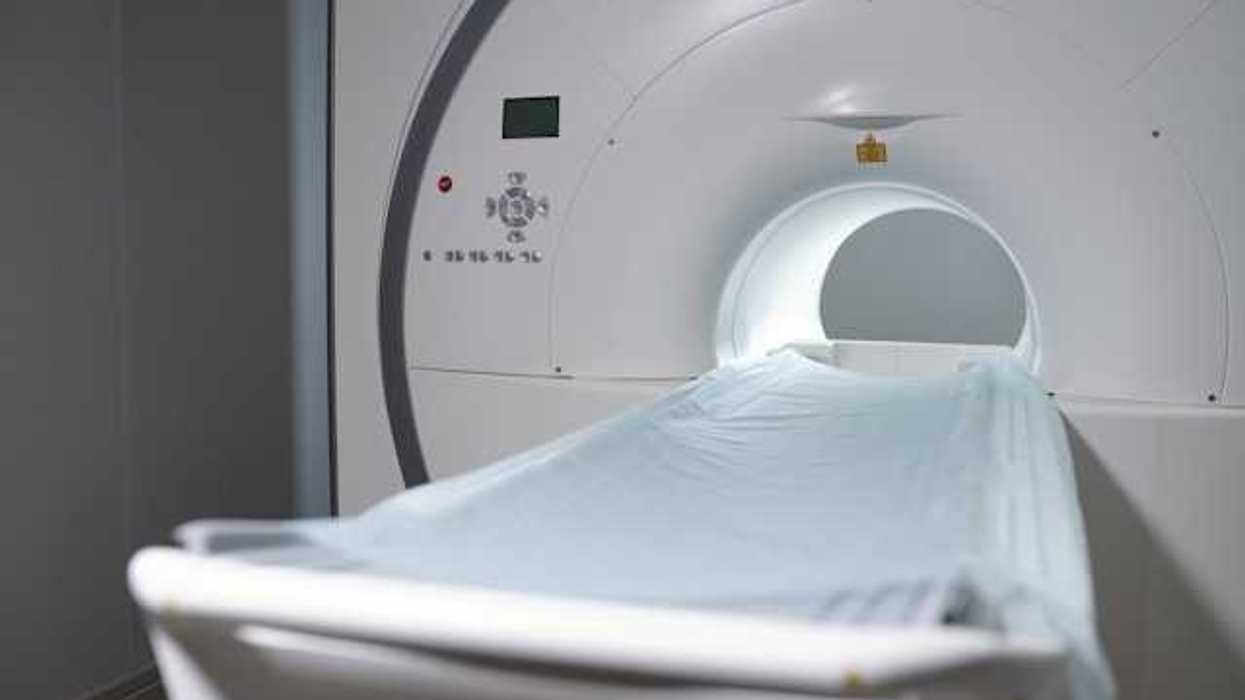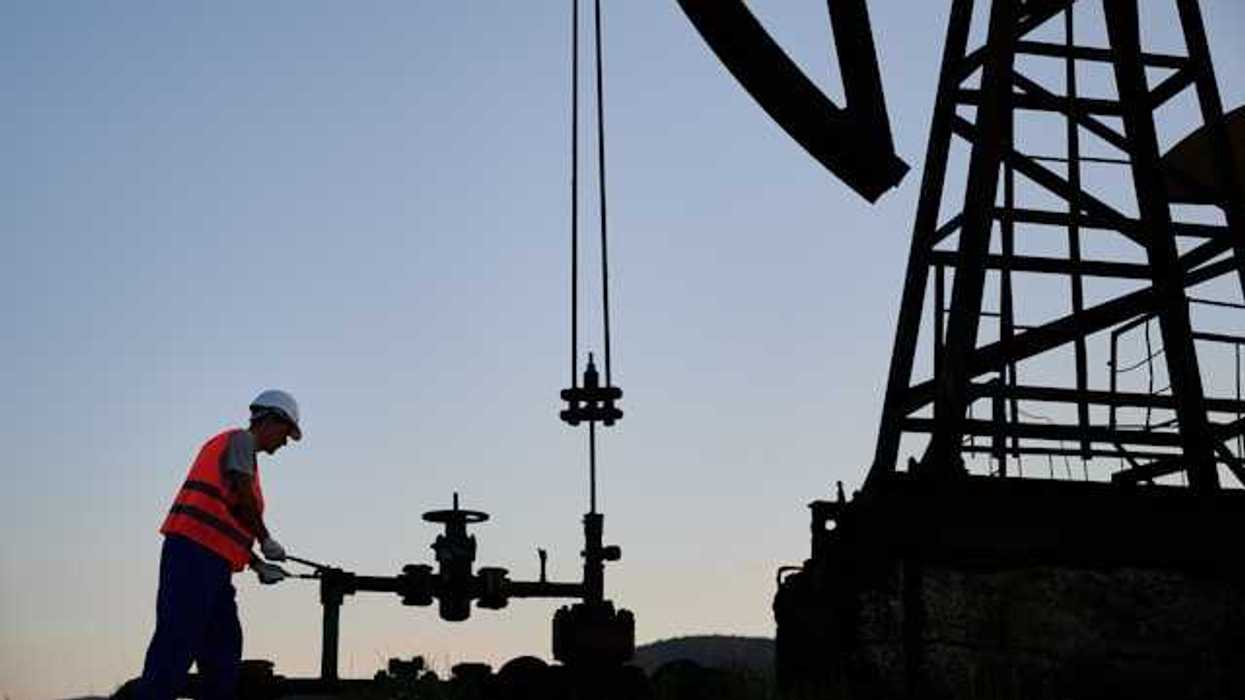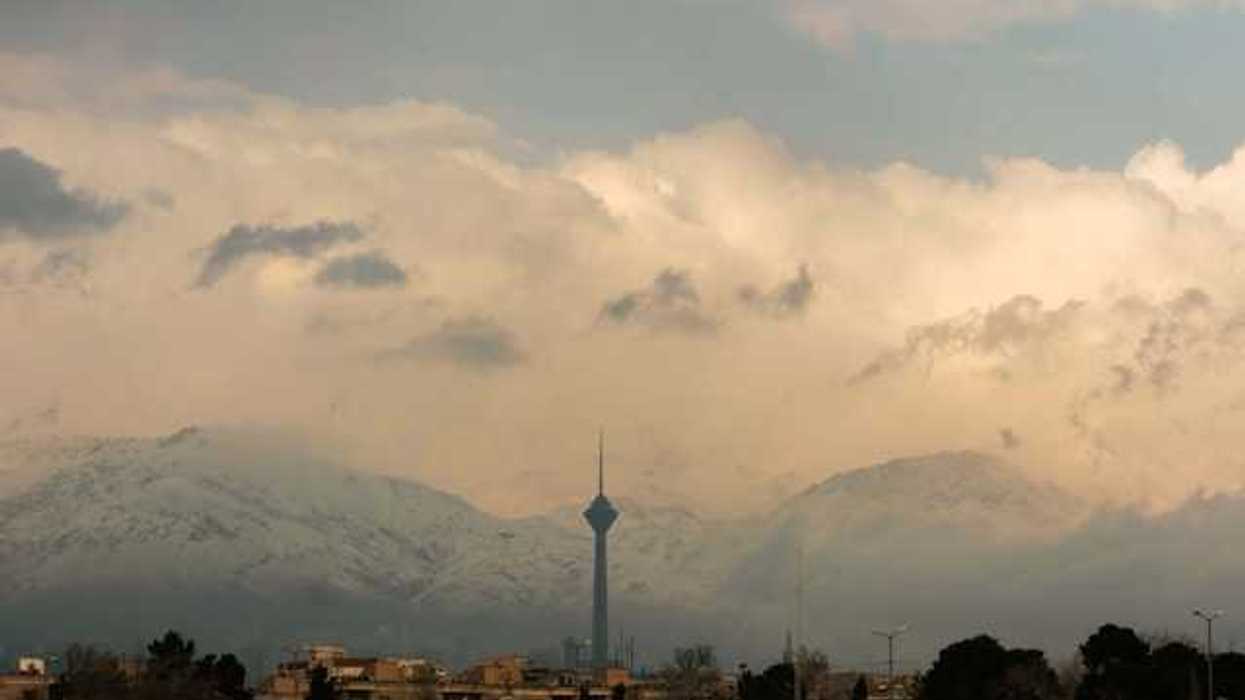France’s nuclear agency spent more than €90,000 on a public relations campaign to counter research suggesting its tests in French Polynesia exposed far more people to radiation than officially acknowledged.
Jon Henley reports for The Guardian.
In short:
- France’s Atomic Energy Commission (CEA) launched a media and outreach campaign to counter the findings of the 2021 book Toxique, which used declassified documents and interviews to show widespread contamination from nuclear testing.
- As part of the effort, the CEA distributed 5,000 glossy booklets across French Polynesia and sent a four-man team to the islands on business-class flights, staying at a Hilton hotel to promote the official narrative.
- While the CEA insisted it acted with scientific transparency, France’s own nuclear safety authority admitted there are “uncertainties” in past radiation dose estimates, casting doubt on long-standing efforts to deny compensation to victims.
Key quote:
“No nuclear test generating radioactive fallout can be considered clean.”
— Jérôme Demoment, director of CEA/DAM
Why this matters:
France’s nuclear testing in the South Pacific left behind a toxic legacy that continues to affect the health and environment of local communities decades later. From 1966 to 1996, nearly 200 nuclear detonations blanketed parts of French Polynesia with radioactive fallout. These tests disproportionately impacted Indigenous islanders, many of whom lived unaware of the risks or were denied adequate protections. Studies have linked the tests to elevated rates of cancer, particularly thyroid, breast, and blood cancers. The issue strikes at the heart of environmental justice: who bears the cost of state-sanctioned contamination, and who is believed when they seek redress? By downplaying exposure risks and blocking compensation claims, French authorities have compounded the harm. The reluctance to fully declassify documents or acknowledge the scale of contamination raises broader concerns about governmental transparency and accountability in environmental health matters.
Related: Nuclear survivors in the Pacific demand global support for weapons ban














